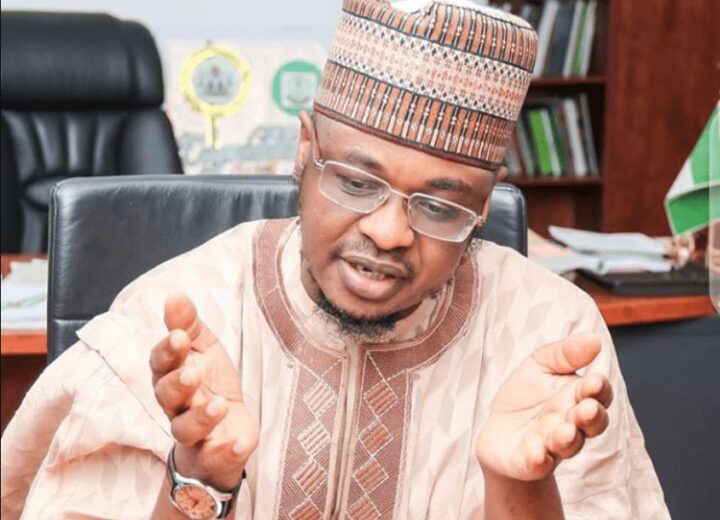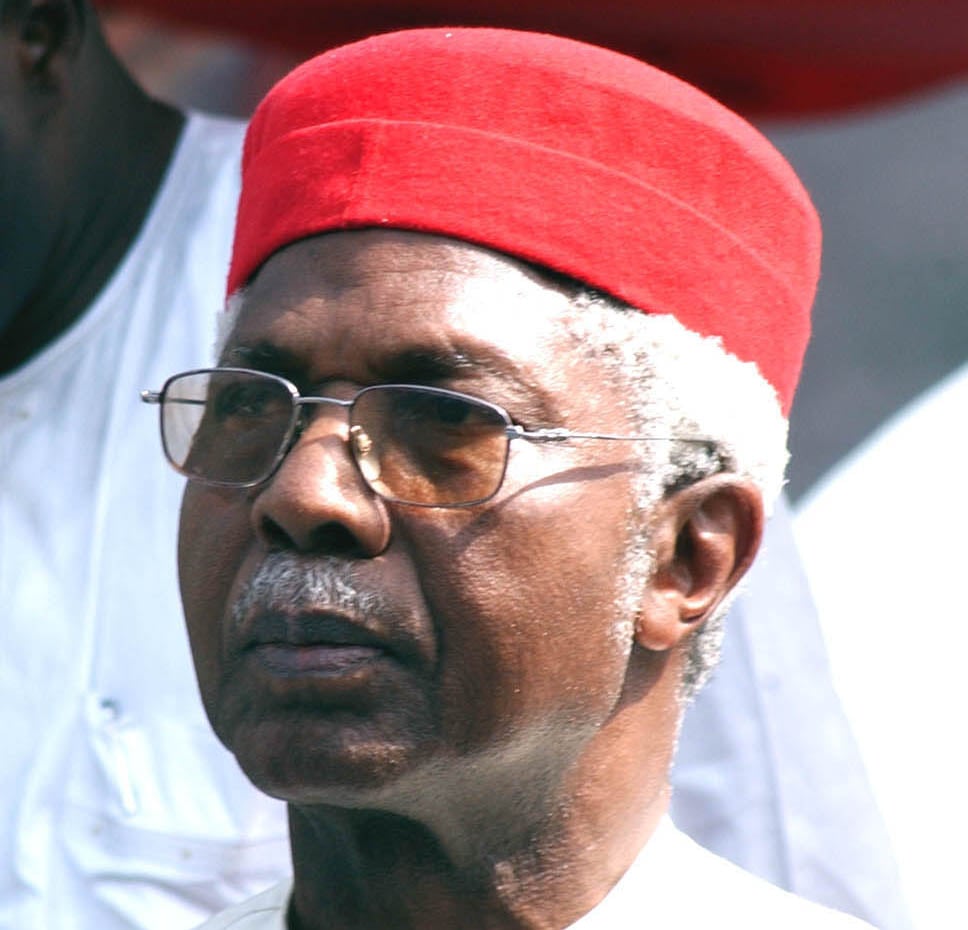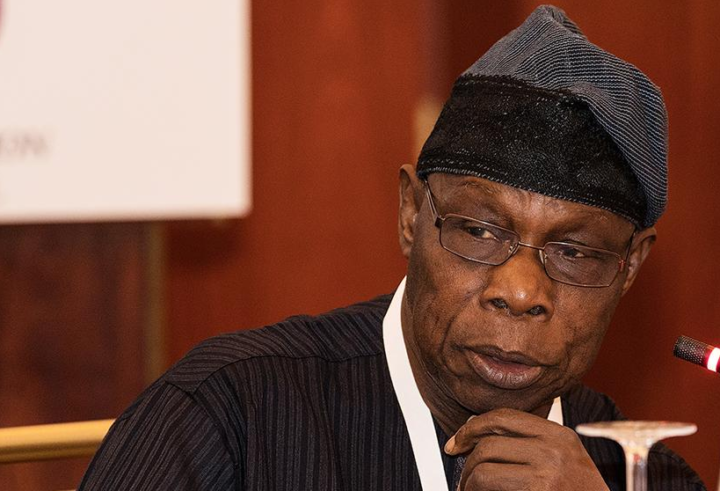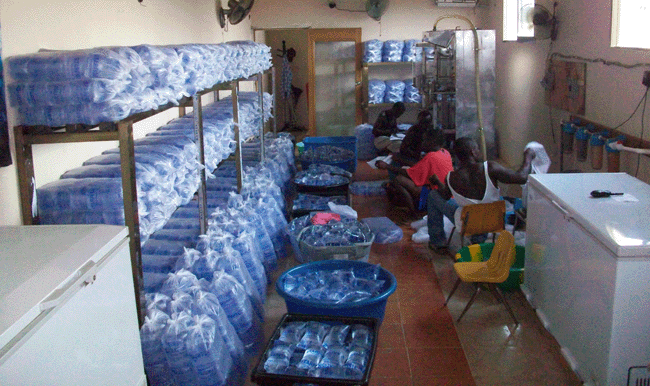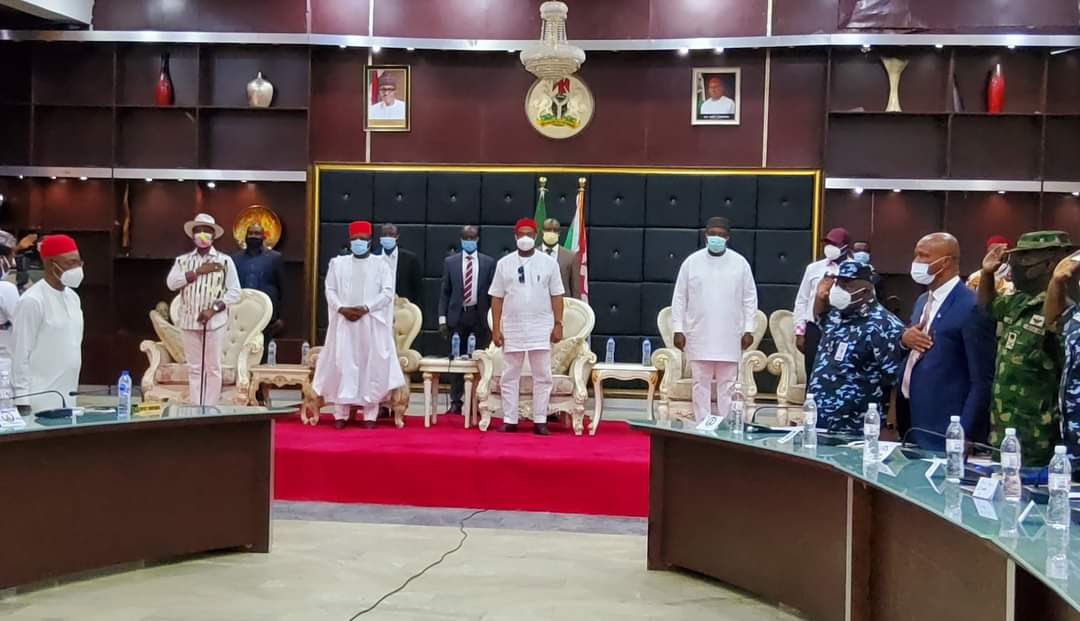The pen is mightier than the sword. There are not many truer sayings. The sword will kill a man once, but the pen can kill him many times, even after he is physically dead. However, this same pen, can also be used to build, not just the man, but his environment, and his descendants. So the pen’s role is vital in shaping our country, not just for us, but for our children.
Societies were established throughout the world roughly 5,000 years ago. It was the societies who left records that remain alive in our imaginations. It was the society, Greece, who gave every freeborn man the right to speak his mind, that have the longest continuous legacy. The Greek society was also the first intersection of the mass media and the civic space as the Pantheon in Athens was where news was disseminated, and where debates happened. The Greek concept of democracy, everyone having a voice, has survived through the Dark Ages, the Renaissance, the Slave Trade, the period of Englightenment, and till today.
At the end of the 20th century, many African countries including Nigeria, finally adopted democratic rule, and this has been the longest stretch of democracy on the continent since the wave of independence in the 1960s. There is, however, a regression of democratic values across the continent. The 2020 Democracy Report of the Varieties of Democracy Institute (V-DEM), ‘Autocratization surges, resistance grows’, raises the alarm that while the world in 2019 was substantially more democratic than it was in the 1970s, an ongoing trend of autocratization may reverse this scenario. Democratic institutions in countries as diverse as Hungary and Mali are weakening, leading to consequences of as yet unknown dimensions.
The number of liberal democracies has fallen from a peak of 45 countries in 2010 to 37 in 2019. Levels of democracy have fallen throughout regions: as a population-weighted average, Latin America’s 2019 democracy index receded to 1992 levels, while in the same year Eastern Europe’s reached its lowest point since the end of the Soviet Union. Down here in Nigeria, the situation is equally damning.
Advertisement
One of the key markers of democratic regression and the rise of autocracy is in defence spending. The war in the North East has increased Nigeria’s defence budget up to 10%. The more money there is to spend on the military, the less democratic that country is likely to be, because money spent on the military is usually used to strengthen it, often increasing the likelihood of abuse. In Nigeria, one of the ways in which to sink money without accountability is through a security budget. It is on this same premise of a lack of accountability that has led to a media blackout in the North East. One of the greatest mass atrocities in Borno–the Rann Bombing in 2017–came to light because of sustained media campaigns. Because of the media blackout, reportage of abuses from that section of the country have ranged from low to nonexistent, even more damning was the restriction of aid agencies which would have ordinarily filled in this gap. These kind of restrictions end up creating a bitterness that isn’t seen, and which create more violence, sustaining a vicious cycle.
Democracy dies in darkness. There is a lot the civic space–which is shrinking, by the way–has to do to prevent this imminent death. speaking truth to power is key. Properly identifying systemic abuses and calling them out for what it is goes a long way in preventing the collapse of the civic space.
Civic space is the bedrock of any open and democratic society. When civic space is open, citizens and civil society organisations are able to organise, participate and communicate without hindrance. In doing so, they are able to claim their rights and influence the political and social structures around them. This can only happen when a state holds by its duty to protect its citizens and respects and facilitates their fundamental rights to associate, assemble peacefully and freely express views and opinions. These are the three key rights that civil society depends upon. Avenues of dialogue with the government are closing, an indication that the government does not respect the views of civil societies which act as watchdogs against arbitrary rule.
Advertisement
There is a lot of work to be done. The civic space first needs to be consistent in their approach and sensitize the public on pressing issues before they can get them to effect changes. The media is the channel in which this can be done effectively, which makes partnership between the media and civil society groups even more important.
Nwanze is a partner at SBM Intelligence. This was part of a paper he delivered at the WISER Conference on the mass media, and the intersection of national security and the civic space in Nigeria which held on 15 April 2021.
Views expressed by contributors are strictly personal and not of TheCable.
Add a comment


